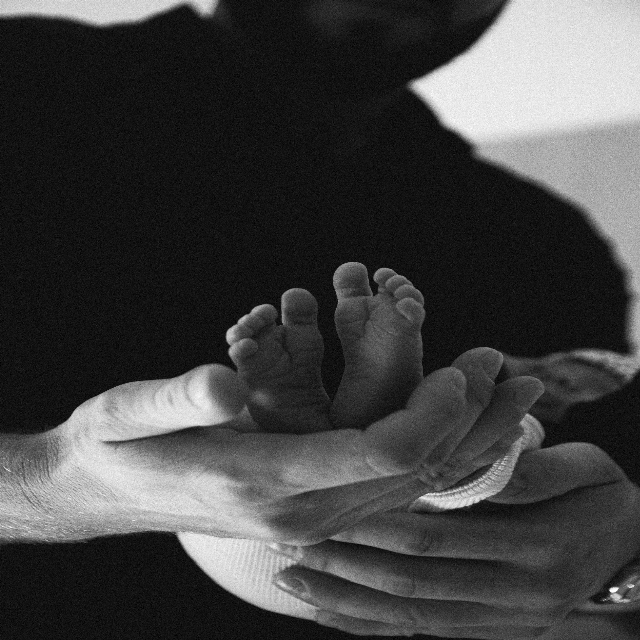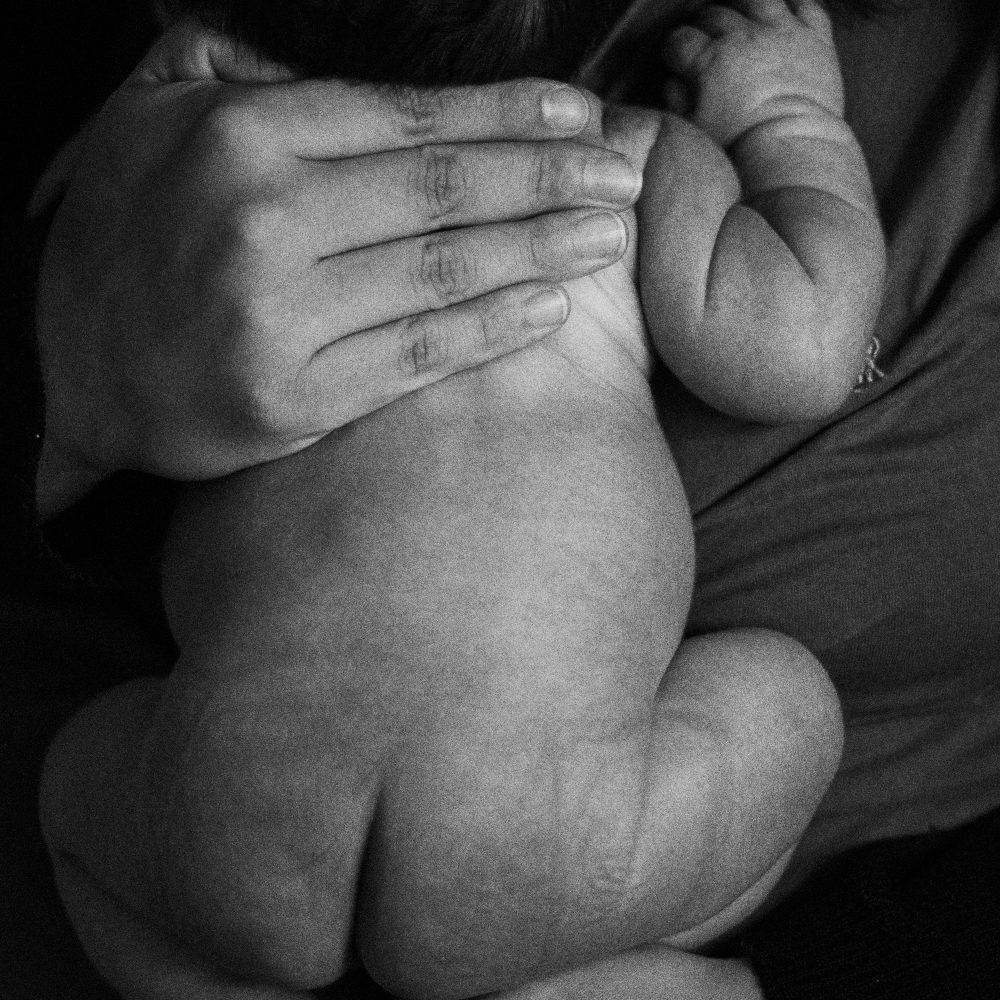
Parenting is bliss, and it’s even more worthwhile when we consider that the infant is content and has a full tummy. No matter if the baby is breastfed or given formula, all mothers make sure the infant gets the right amount of food and the necessary nourishment. There are several reasons why you could think your baby is constantly hungry, and when that happens, moms start watching for signs of an underfed baby, particularly when the child is restless or cries for an extended period.
When a baby is not nourished appropriately, it frequently results in malnutrition, which is a condition in which the body is unable to absorb the necessary nutrients or the requisite nutrients are not consumed by the baby.
In addition, because children typically have weak immune systems, malnutrition can result in several health problems for them.
Signs Of An Underfed Baby

Yes, there are various reasons why a youngster might not be getting enough to eat. Most parents mistakenly believe that a baby’s screaming is the only indication that it is hungry and frequently overlook other signs of an underfed baby. Every mother has the constant worry that their baby isn’t getting enough milk, especially in the early postpartum period when the infant is most vulnerable.
BA baby who is underfed isn’t getting the recommended number of calories for growth.
Many parents even watch for signs of an underfed baby at three months old since they are unsure whether the infant is full or not. The greatest method to deal with a child’s hunger is to feed them whenever they request it. There is no time limit on nursing the infant. A kid might drink a little more one day and a little less the next. Your infant knows how to express their needs. Soon enough, you’ll pick up on what they’re saying!
What Are The Signs Of An Underfed Baby?
After the exhausting birth, you’re back as a mother, excited for the arrival of the baby but too worried to know things like, “Is my baby underfed?” “How to know if the baby is hungry while sleeping?” and you start watching out for signs of an underfed baby.
Because babies cry even after eating, there are other signs of an underfed baby in addition to crying. The last symptom of starvation in a baby is crying. However, before crying, newborns typically communicate their need for a feed using a variety of indicators. It’s time for you to become familiar with the signs of an underfed baby.
- Weight Gain: After delivery, babies frequently lose weight, and this is normal. However, it is normal for babies to put on weight two weeks following delivery. They ought to weigh what they did at birth. By six months, the infant’s weight must have doubled, and by the end of the first year, it must have tripled. If the weight decreases over time, this indicates a decrease in intake.
- Length Of A Feeding Session: The length of the feeding session is a sign of the infant’s feeding efficiency. During the first two months, newborns must nurse 7 to 9 times a day for at least 10 minutes (this decreases once the baby becomes a pro). To determine whether the infant needs more food, count the number of feeds.
Can Babies Get Overly Tired?
Yes, newborns can become too drowsy at times, and if they aren’t getting enough milk or aren’t feeding well, they may start to sleep even more and eat even less. A baby who is not eating frequently or not eating well could get harder and harder to wake up. A very sleepy infant runs the risk of experiencing greater-than-usual levels of jaundice, poor weight gain, and higher-than-usual weight loss.
Because withdrawing milk from the breasts regularly is an important signal to produce more milk, a sleepy baby is a significant risk factor for poor milk production. There is a larger chance of the mother’s breasts enlarging or developing mastitis if the baby’s sleepiness and poor feeding persist after the mother’s milk arrives. Mastitis or engorgement can further decrease a mother’s milk production and make her feel quite ill.
Why Might A Newborn Be Very Tired?

You might feel particularly drowsy for the following reasons:
A challenging birth or birth technique like –forceps or ventouse, or if a mother has taken any painkillers that have harmed the infant.
–A newborn may become sleepy due to prematurity, health problems, or other medical conditions.
Breastfeeding Difficulties.
A baby will have less energy if they are not getting enough milk, which will rapidly make them more tired. Even though a baby may appear to be breastfeeding, they may be sleeping with the breast in their mouth and barely or not at all sucking.
Jaundice, which causes the skin to turn yellow as bilirubin builds up, can make a baby lethargic and is more common in those who are not receiving enough milk, creating a vicious cycle. For further information, see Jaundice in Breastfeeding Babies.
Overstimulation.
A newborn may tend to shut down and go asleep as an escape if they are overstimulated by frequent loud noise, bright lights, or excessive handling by strangers or even family members.
Feeding Cues Were Missed.
Babies who are swaddled, use pacifiers, are overly warm, or are not near their mothers are more likely to miss feeding cues, resulting in longer stretches of sleep and fewer feedings.
Significant Breast Engorgement.
Any unrelieved engorgement will tend to limit a milk supply, and severe breast engorgement after delivery may make it difficult for the baby to absorb milk. If there is less milk available, a baby might sleep more soundly.
Summary
Although babies do sleep a lot, they often wake up every two to three hours to eat. Reminding a baby to breastfeed if they are consistently sleeping more than two to three hours at a time will keep them well-fed and healthy and also safeguard your milk supply. It may occasionally be necessary for a period to hand express or pump your breast milk to offer a supplement for a sleeping infant.
Also, It serves no purpose to keep weighing a drowsy baby regularly and watch while it stays the same (or decreases), anticipating that it would ultimately increase. It is far more effective to get breastfeeding assistance as soon as possible to safeguard your milk supply and get breastfeeding on the way!
Leave a Reply
You must be logged in to post a comment.